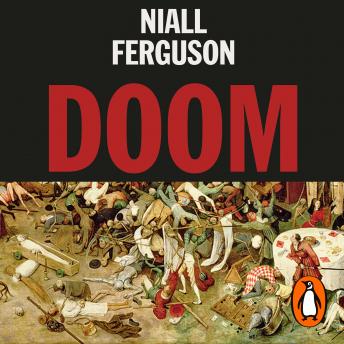

I wouldn’t have predicted it would be 2021. And if anything, the surprising thing is how long it took to get out of Afghanistan. The prediction was that the US public would become disillusioned with these endeavors just as it became disillusioned with Vietnam. And then there was the attention deficit. There was the fiscal deficit, which was already obviously a problem and has only gotten worse. There was the manpower deficit, because people really did not want to spend that much time in Afghanistan and Iraq – hence the short tours of duty. If you recall, the analysis was that the United States was trying essentially an imperial enterprise in Afghanistan and Iraq and that there were three deficits that were going to make it fail.

NF: I think it has withstood quite well the test of nearly 20 years. Does that thesis still hold in the world of 2022? TDR: In your 2005 book Colossus: The Rise and Fall of the American Empire, you advance the thesis that the United States is an empire in denial and that such denial will be our undoing, both domestically and abroad. He has faced controversy for his views on imperialism and currently serves as a Founding Trustee of the University of Austin, founded in 2021. Serving as Milbank Family Senior Fellow at the Hoover Institution, Ferguson has authored sixteen books, including Doom: The Politics of Catastrophe (2021) and Kissinger 1923-1968: The Idealist (2015), the first in a two-volume biography of the former Secretary of State. Photo courtesy of Wikimedia Commons.ĭigital Editor of The Dartmouth Review Lintaro Donovan (TDR) interviewed Niall Ferguson (NF) virtually via Zoom on August 25, 2022. In 2004, Ferguson was named one of Time‘s 100 most influential people in the world.


 0 kommentar(er)
0 kommentar(er)
